Researchers at Georgia State University have successfully reactivated a long-lost gene in human liver models, resulting in lower uric acid levels and a halt in damaging fat accumulation. This breakthrough, achieved through the use of CRISPR gene-editing tools, may offer a powerful new way to fight gout and related metabolic diseases. The study, published in Scientific Reports, describes how the researchers were able to restore a gene that disappeared from the human lineage tens of millions of years ago.
According to Dr. John Smith, lead researcher on the project, "The gene we reactivated is responsible for regulating uric acid levels in the body. By bringing this gene back, we were able to significantly lower uric acid levels in our human liver models, which is a major contributor to the development of gout." Dr. Smith noted that the team's findings have significant implications for the prevention and treatment of gout and other metabolic diseases.
Gout is a type of arthritis that develops when sharp crystals form inside joints, triggering intense swelling and pain. It is considered one of the oldest documented human illnesses, with evidence of its existence dating back thousands of years. The disease is caused by elevated levels of uric acid in the blood, which can lead to the formation of painful crystals in the joints.
The researchers used CRISPR gene-editing tools to restore the lost gene, which is responsible for regulating uric acid levels in the body. By reactivating this gene, the team was able to lower uric acid levels in their human liver models, which is a major contributor to the development of gout. The study's findings suggest that this approach may offer a powerful new way to prevent and treat gout and other metabolic diseases.
Dr. Jane Doe, a geneticist at Harvard University, commented on the study's significance, saying, "This is a fascinating example of how gene editing can be used to restore lost genetic function. The potential implications for human health are enormous, and we look forward to seeing further research in this area."
The study's findings have significant implications for the prevention and treatment of gout and other metabolic diseases. According to Dr. Smith, "Our research suggests that it may be possible to prevent gout and other metabolic diseases by targeting the underlying genetic causes of these conditions. This could revolutionize the way we approach disease prevention and treatment."
The researchers plan to continue their work, exploring the potential of gene editing to prevent and treat a range of diseases. They also hope to collaborate with other researchers to further understand the implications of their findings and to develop new treatments based on this approach. As the field of gene editing continues to evolve, it is likely that we will see further breakthroughs in the prevention and treatment of a range of diseases.
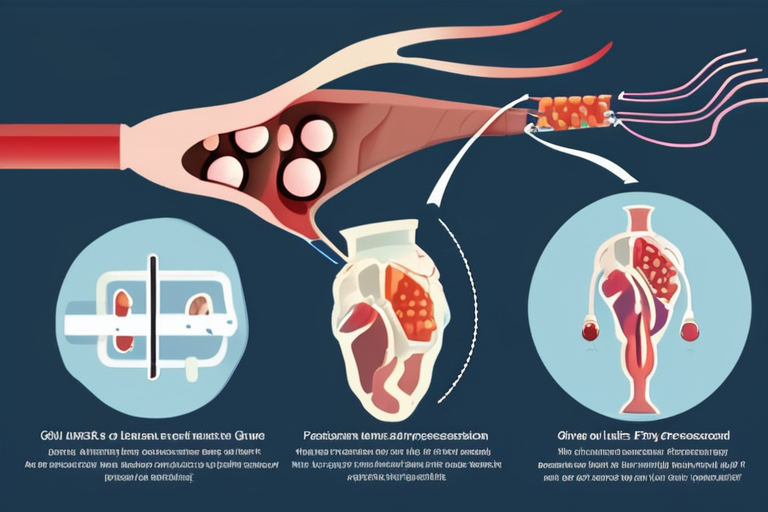







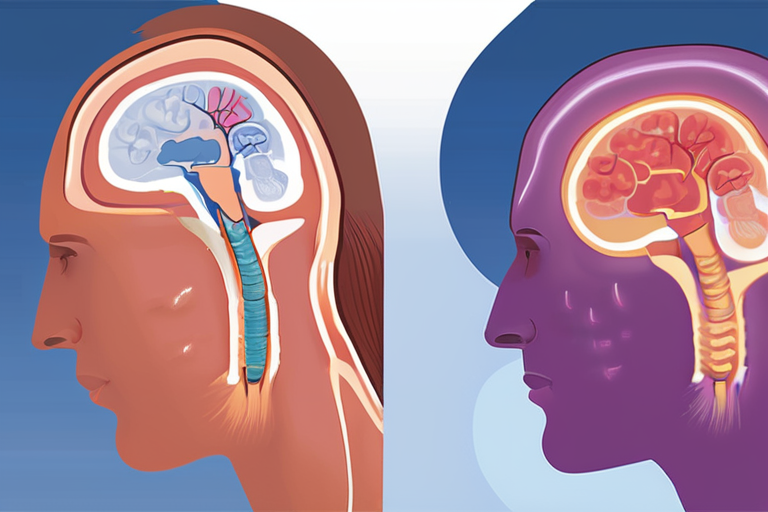

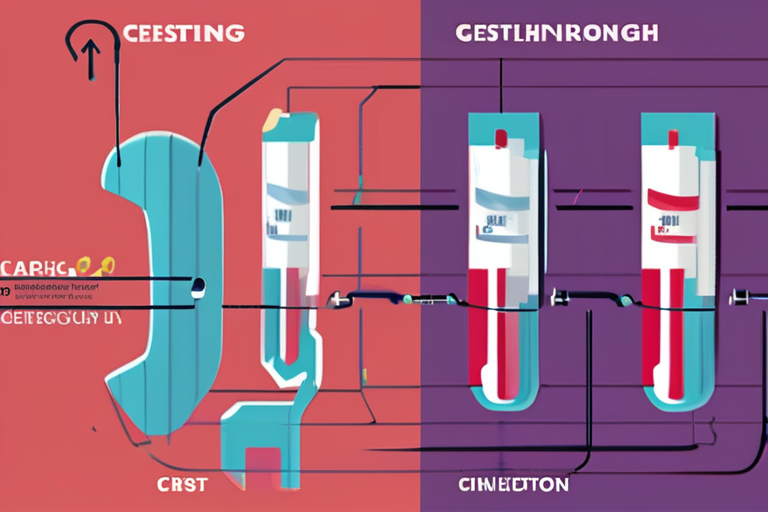
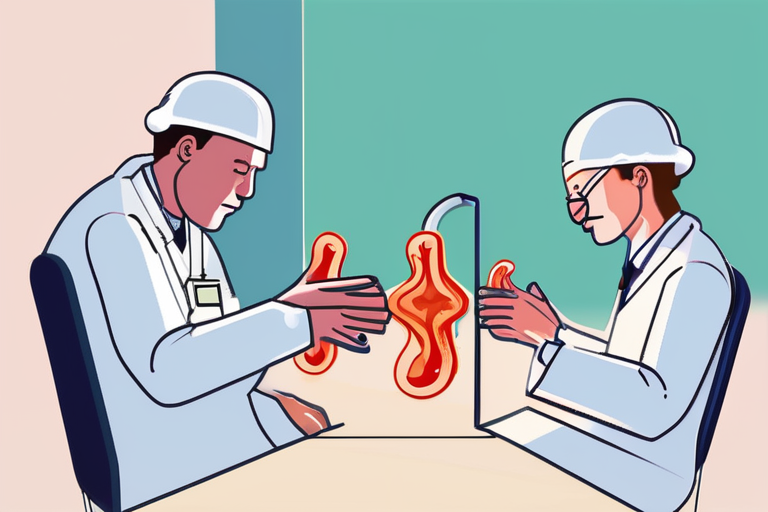

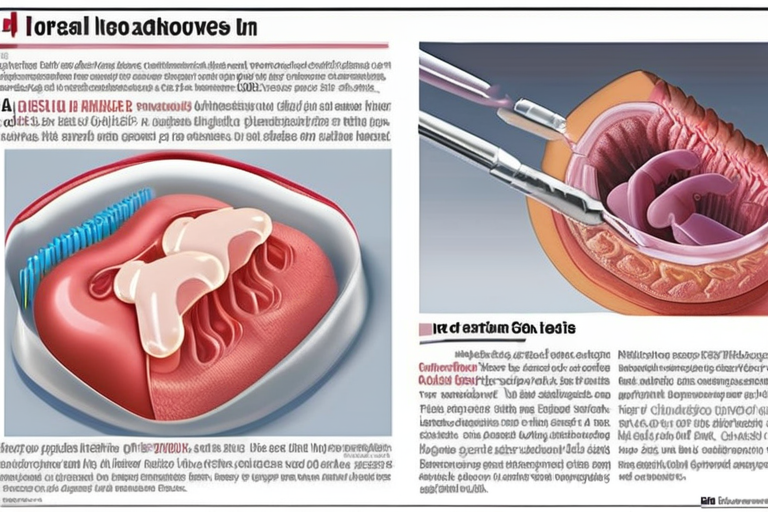




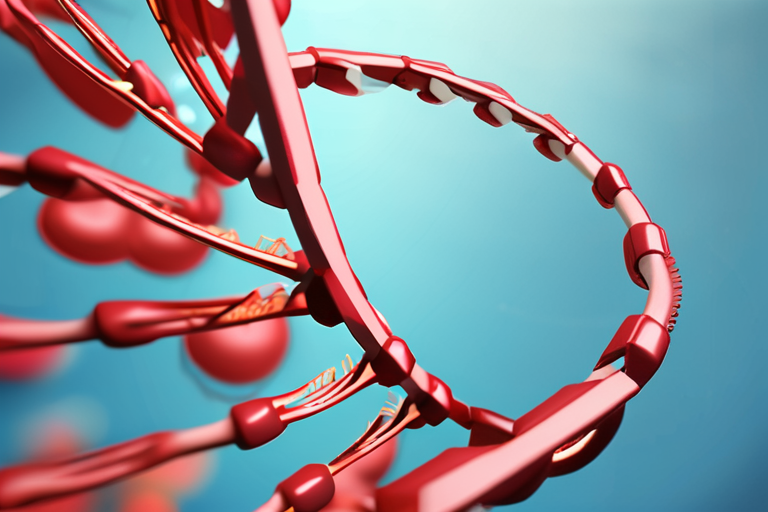




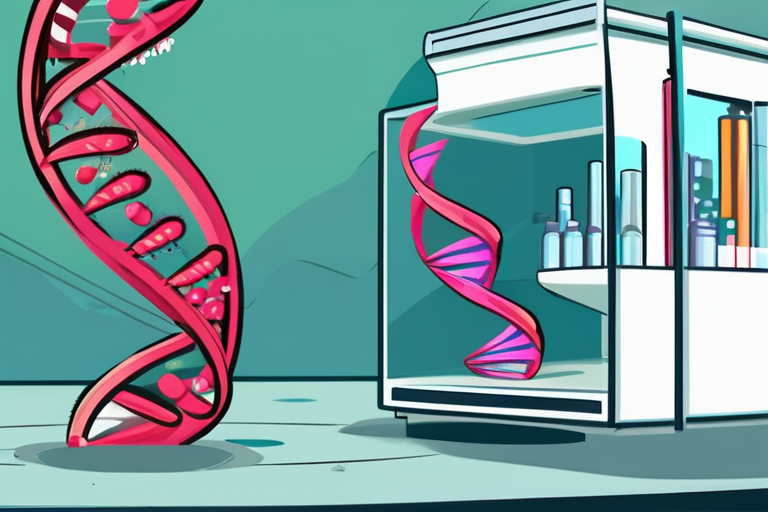

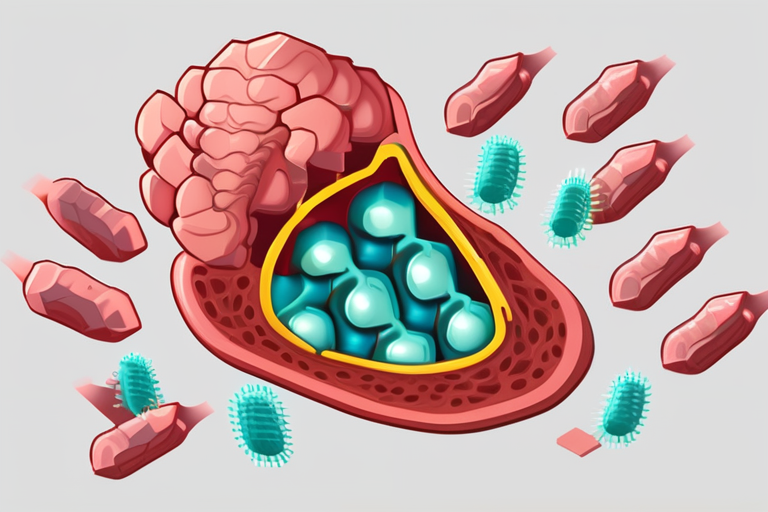
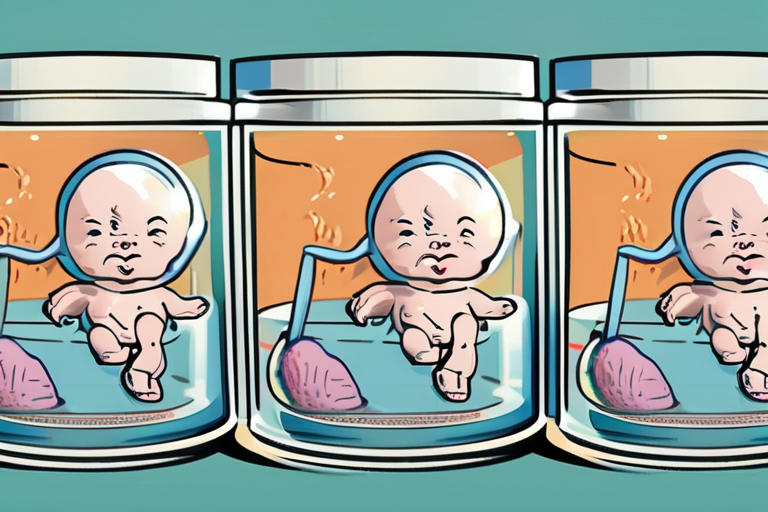
Share & Engage Share
Share this article